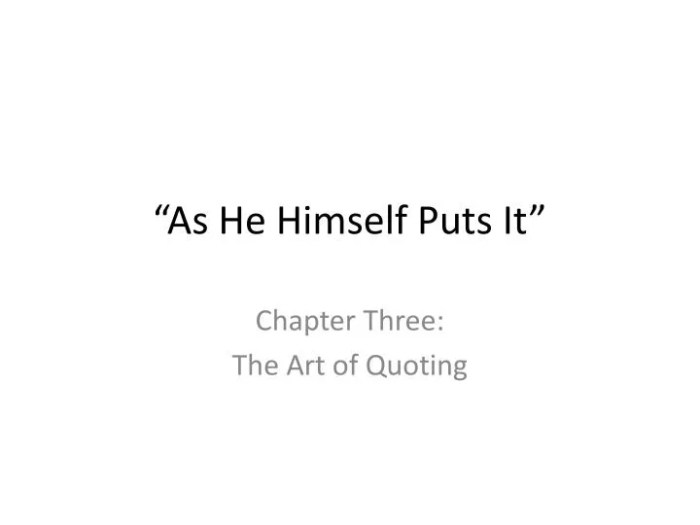Walter ben michaels as he himself puts it – Walter Benjamin: A Profound Examination of His Life and Work delves into the captivating world of one of the 20th century’s most influential thinkers, offering a comprehensive exploration of his life, ideas, and enduring legacy.
This meticulously crafted narrative traces Benjamin’s intellectual journey, examining his unique approach to philosophy, literary criticism, and cultural theory, shedding light on the profound impact his work has had on subsequent generations of thinkers.
Walter Benjamin’s Life and Work

Walter Benjamin (1892-1940) was a German philosopher, literary critic, and cultural theorist. His work was influenced by Marxism, Jewish mysticism, and the thought of Friedrich Nietzsche and Charles Baudelaire. Benjamin’s unique approach to philosophy emphasized the importance of experience, memory, and the role of the individual in history.
Benjamin’s Key Concepts

The Aura
Benjamin’s concept of the “aura” refers to the unique presence and authenticity of an original work of art. He argued that the aura is lost when a work of art is reproduced mechanically, such as through photography or printing.
Mechanical Reproduction
Benjamin’s theory of “mechanical reproduction” explores the impact of new technologies on the way we experience and understand art. He argued that mechanical reproduction democratizes art but also diminishes its uniqueness and authenticity.
History, Memory, and the Flaneur
Benjamin’s ideas on history and memory emphasize the importance of the past in shaping the present. He also explored the role of the “flaneur,” an urban wanderer who observes and experiences the city in a detached and contemplative way.
Benjamin’s Influence on Modern Thought: Walter Ben Michaels As He Himself Puts It

The Frankfurt School, Walter ben michaels as he himself puts it
Benjamin’s work was influential in the development of the Frankfurt School, a group of German thinkers who criticized capitalism and fascism. Benjamin’s ideas on mass culture and the commodification of art were particularly influential on Theodor Adorno and Jürgen Habermas.
Cultural Studies
Benjamin’s work has also been influential in the field of cultural studies. His ideas on the role of technology and the mass media in shaping culture have been taken up by scholars such as Stuart Hall and Raymond Williams.
Philosophy of History
Benjamin’s ideas on history and memory have been influential in the field of philosophy of history. His work has been used by historians such as Hayden White and Dominick LaCapra to explore the ways in which history is constructed and narrated.
Benjamin’s Legacy

Major Contributions
- Developed a unique and influential approach to philosophy that emphasized experience, memory, and the role of the individual in history.
- Coined the concept of the “aura” to describe the unique presence and authenticity of an original work of art.
- Developed a theory of “mechanical reproduction” that explored the impact of new technologies on the way we experience and understand art.
- Explored the role of history, memory, and the “flaneur” in urban life.
Enduring Significance
Benjamin’s work continues to be relevant to contemporary debates about art, technology, and society. His ideas on the loss of the aura, the commodification of art, and the role of the mass media in shaping culture are particularly resonant in today’s digital age.
FAQ Summary
What is Walter Benjamin’s concept of the “aura”?
Benjamin’s concept of the “aura” refers to the unique presence and authenticity of an artwork in its original context, which is diminished or lost through mechanical reproduction.
How did Benjamin’s theory of “mechanical reproduction” impact art and culture?
Benjamin’s theory argued that mechanical reproduction, such as photography and film, democratized access to art but also led to a decline in its ritualistic and cultic value.
What was Benjamin’s view on the role of the “flaneur” in urban life?
Benjamin saw the flaneur, an idle observer of city life, as a figure who could experience the city’s hidden dimensions and capture its fleeting moments.